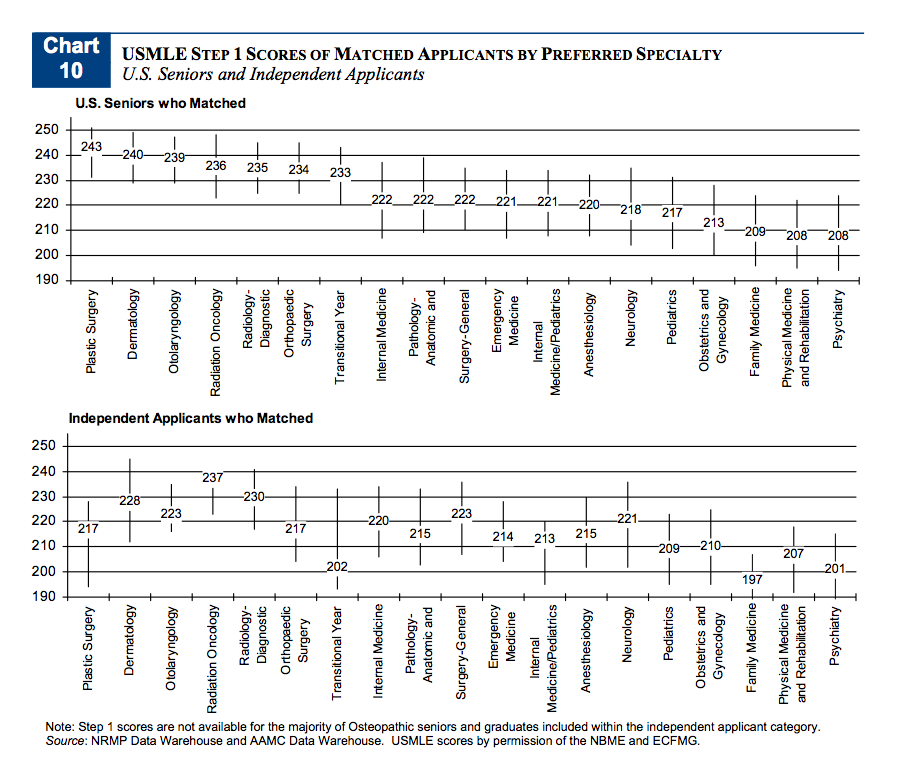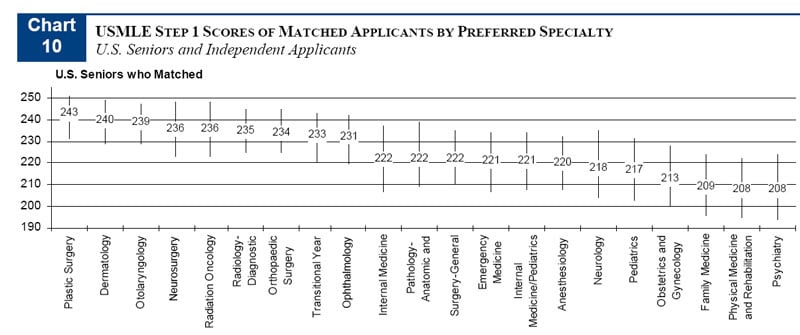- Joined
- Jan 23, 2005
- Messages
- 3,016
- Reaction score
- 53
I know that most of us have already seen this chart, I just thought it would be nice to have it on here for a quick reference.

More comprehensive chart made by Pinkertinkle:


More comprehensive chart made by Pinkertinkle:



